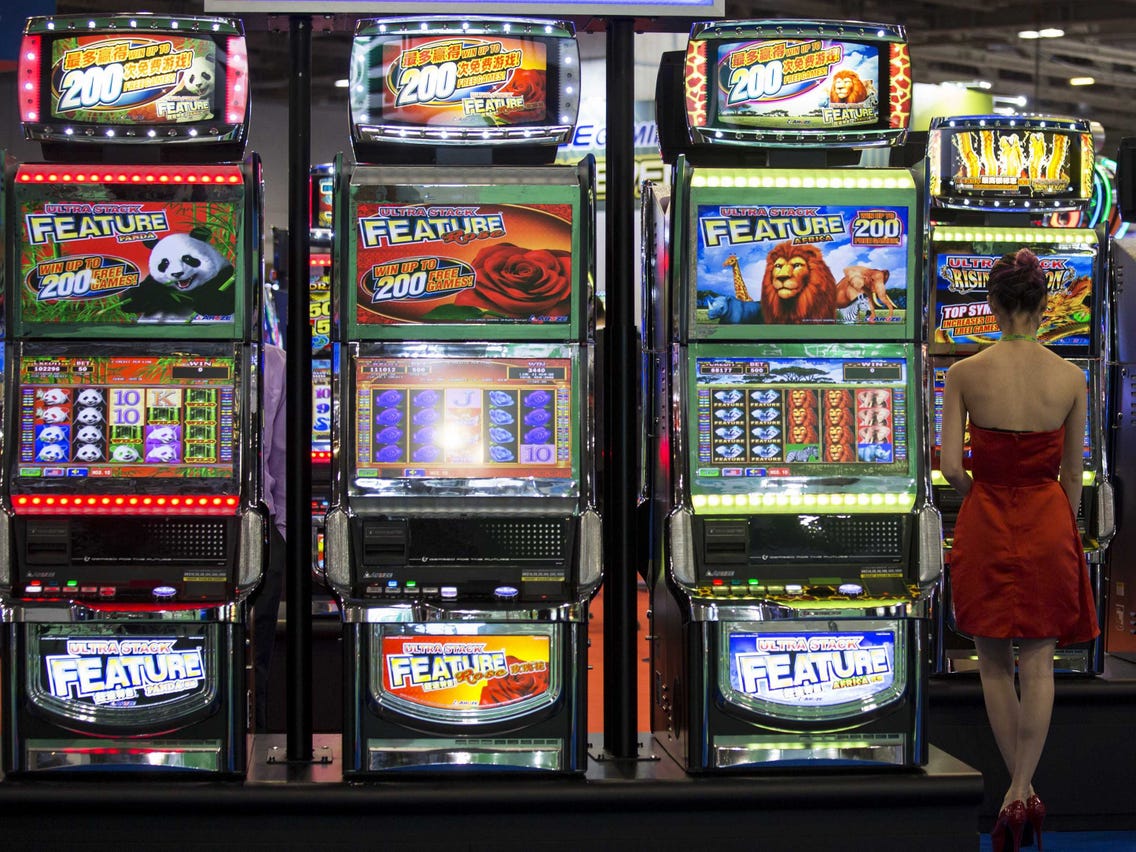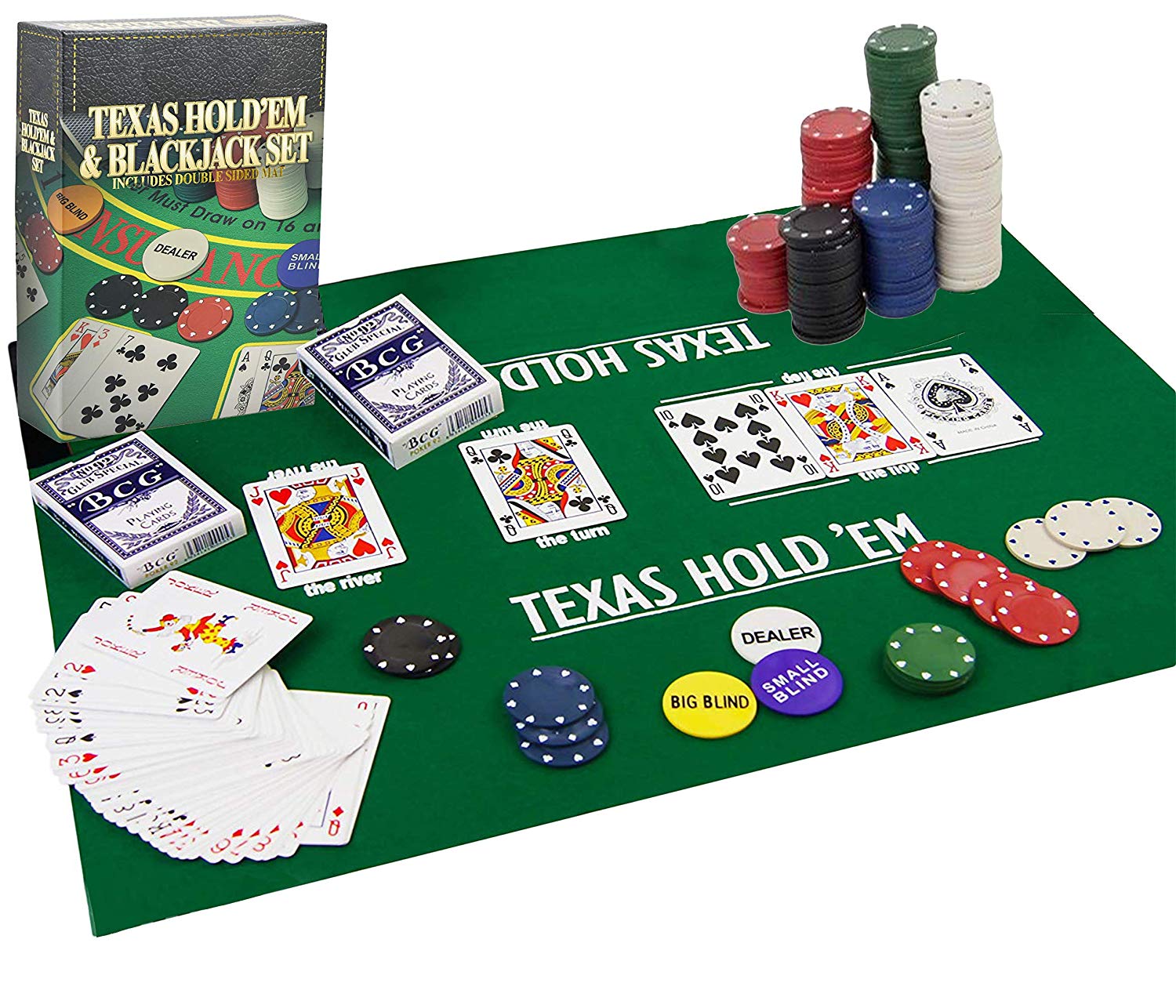Gambling, a popular source of entertainment for decades had become a form of addiction for some individuals. It is rather a paradoxical behavior as the games are meticulously arranged to ensure a steady profit for the casino owner. Some interesting phenomenon of gambling psychology given by us is:
- Wrong prediction: When the same kind of event is repeatedly occurring, the gambler bets on the other type, and this leads him in the trap of Gamblers Galaxy. This is what the progression strategies for roulette are based.
- Higher expectation for winning: Gamblers believe that after placing their bet, there is a better chance of winning than before, and this increase in commitment makes them more hopeful. People choose games widely regarded as skill-based like poker, where the illusion of control makes them feel as if they can crack the pattern to swing the odds in their favor.
- Moods and gambling: Being in a good mood has a positive relationship to take more risk. The positive mood is more likely that one will gamble more.
- Effect on the brain: Repeated exposure to gambling and uncertainty linked to it produces lasting changes in the human brain. During gambling, Dopamine, a neurotransmitter, is released by the brain, especially when the reward is certain. This release of Dopamine can even enhance gamblers’ cravings and desire for addictive drugs.
- Publicity: The way marketers of gambling postulates by using glamorous images digitally and in popular culture lure people into the game. Posh people with stylish dress surrounded by immense cash and sipping champagne attract people to reach a high-end social stand.
Thus, we find that gambling can be addicting, and these psychological processes often work to increase that addiction. So, people have to break down the fallacies about gambling and learn to handle the addiction. Certain superstitions should be done away with and a more logical approach should be taken.






